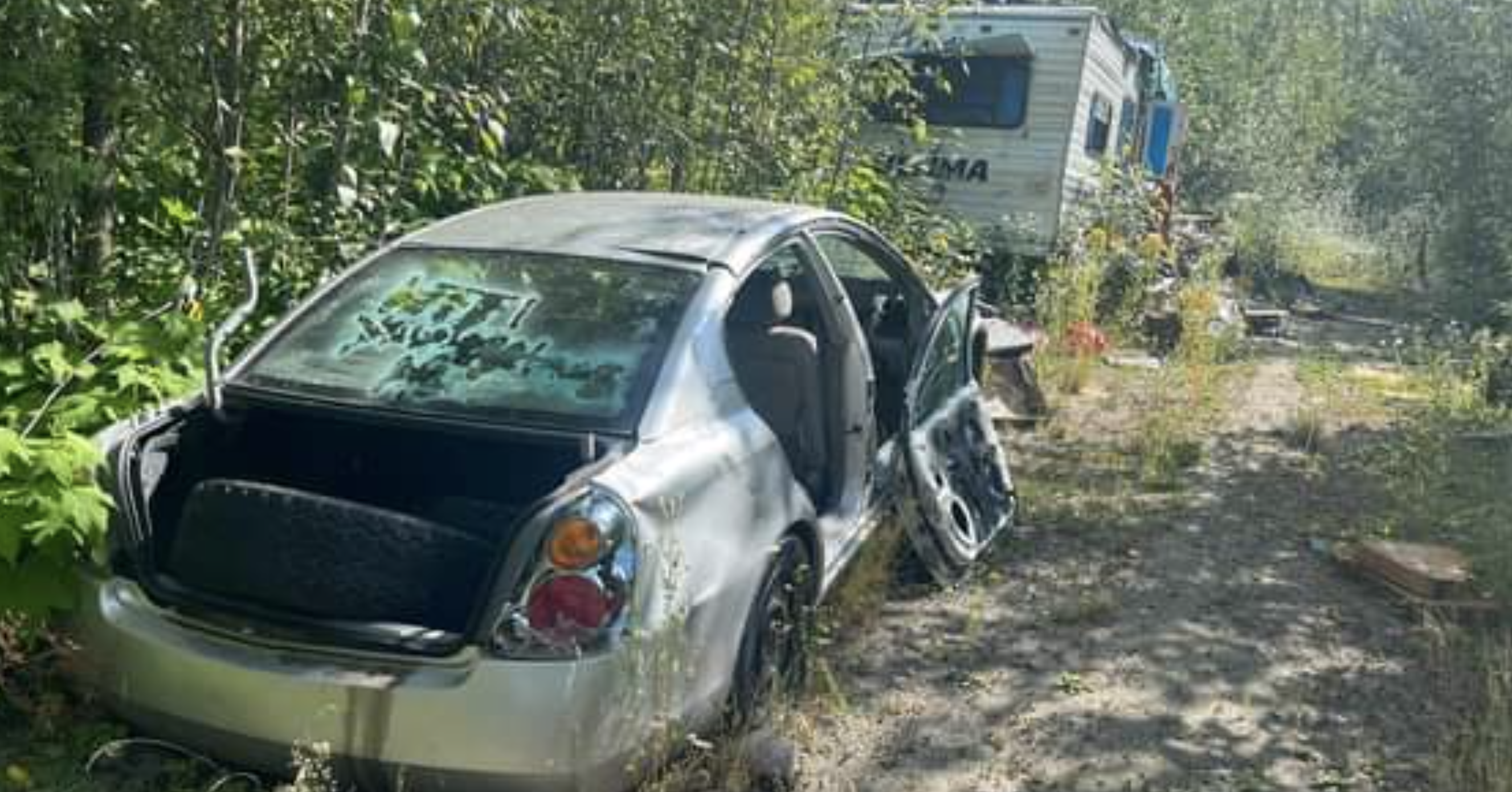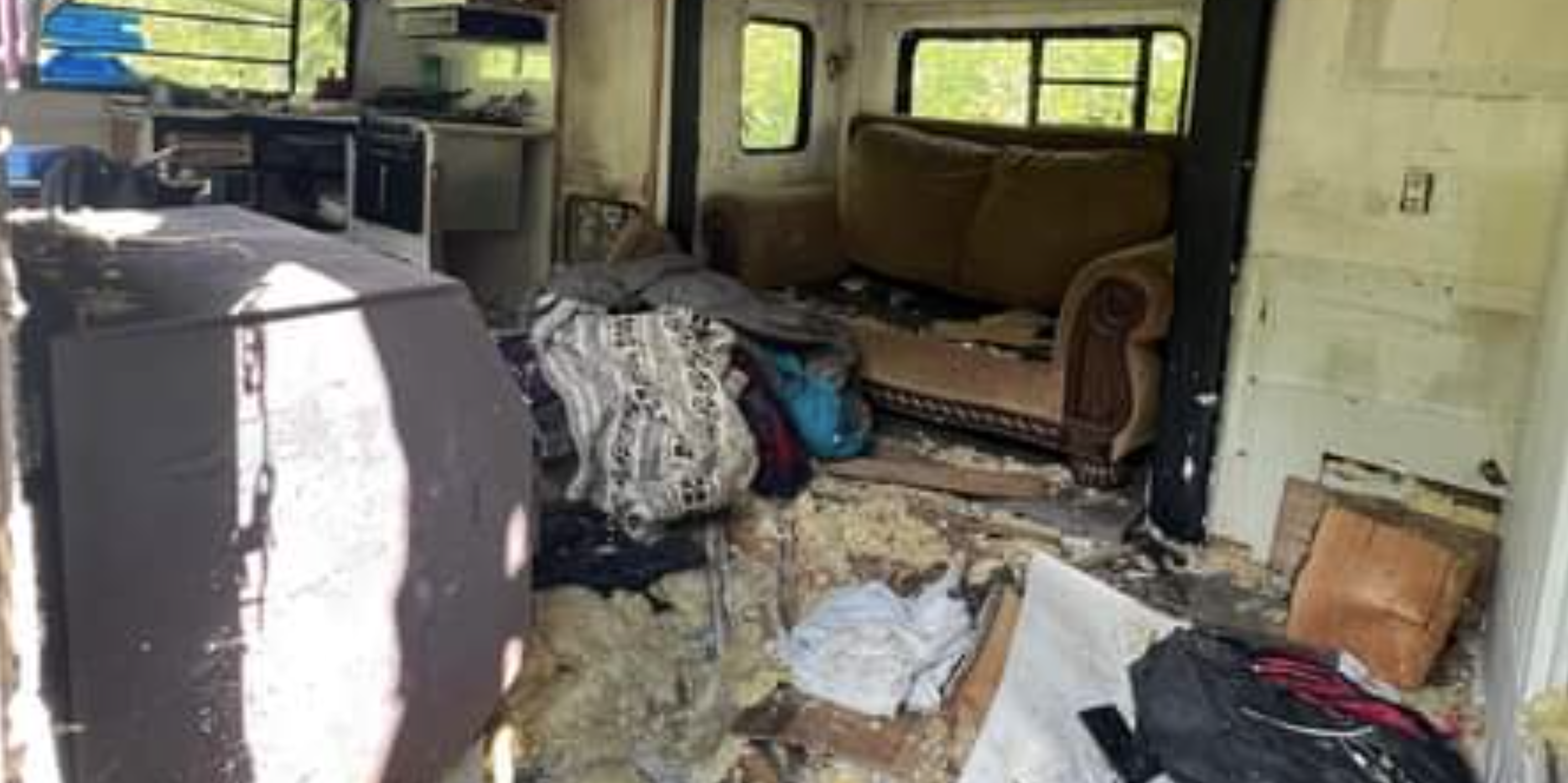
Frustration grows over continued homeless camps in the Chilliwack River Valley
CHILLIWACK — Two Chilliwack River Valley residents who live close to the Chilliwack Lake Road corridor are expressing frustration over the continued presence of toxic homeless camps in the otherwise pristine backcountry.
For years now, homeless encampments have been occupying forested venues north and south of Chilliwack Lake Road at the expense of the environment and normal code enforcement. They are often littered with household effects, including stolen goods, and they produce excrement and other toxic output that adversely impact salmon habitat and other ecosystems. Fires have broken out intermittently in the past two to three months at a couple homeless camps.
 Image: Submitted, used with permission / A homeless camp in the Chilliwack River Valley.
Image: Submitted, used with permission / A homeless camp in the Chilliwack River Valley.Renee Marlatt lives just south of Chilliwack Lake Road east of the Tamihi Rapids bridge. She says there’s a disjointed system in place where government agencies will only address their specific jurisdiction, meaning there’s a patchwork of laws and policies in place.


